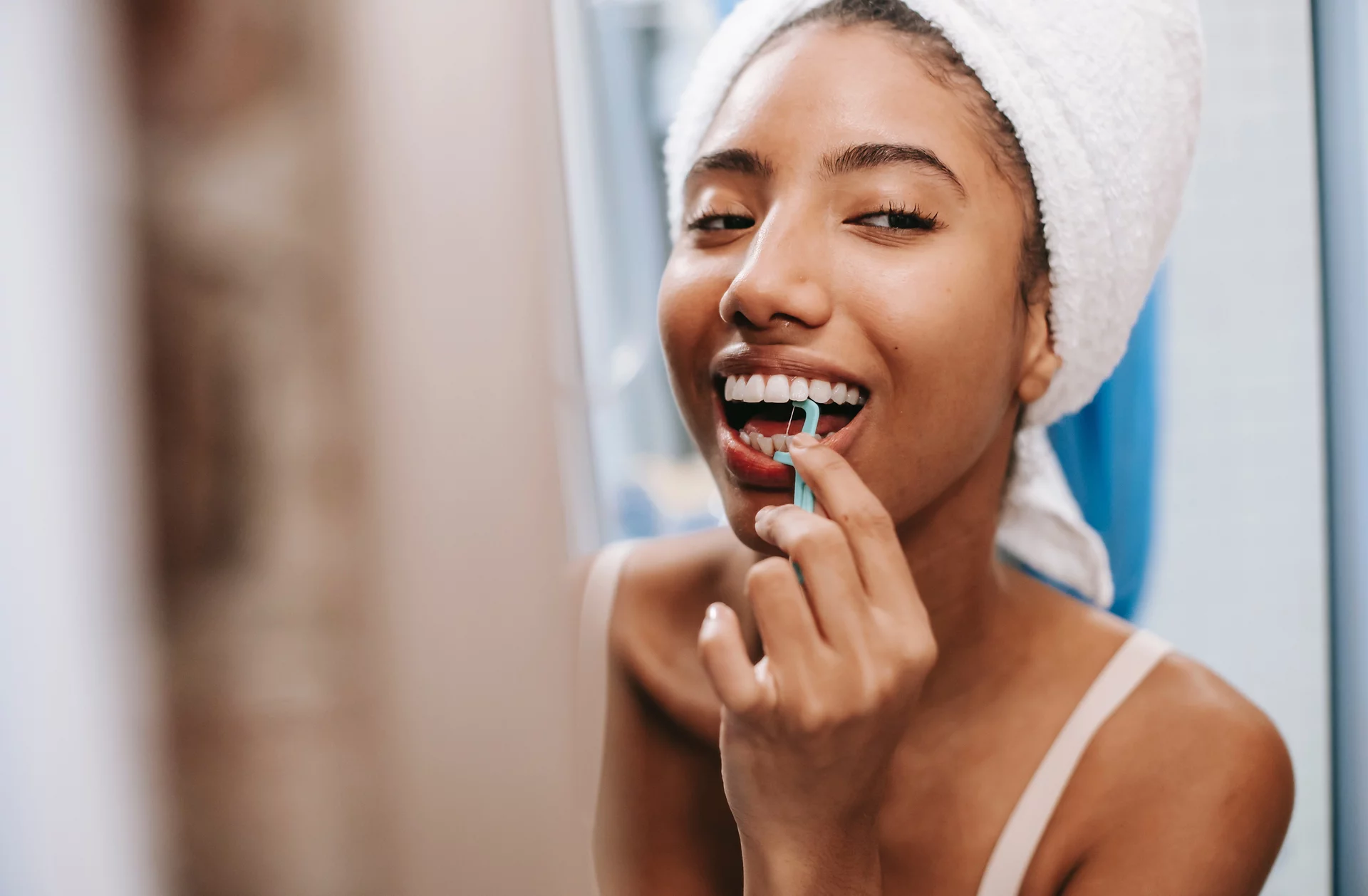DID YOU KNOW?
Children over the age of six can use a small amount of fluoride toothpaste each day to help prevent cavities.
There are several common questions about the benefits of fluoride. ‘What does fluoride do for your teeth?’ ‘Why is fluoride good for teeth?’ and ‘Why is fluoride important?’ The most important factor to remember about fluoride treatment is that it helps protect your teeth from decay. Fluoride is an important weapon in your fight against cavities. When it comes to fluoride and children, ingesting it through fluoridated water and fluoride supplements can help strengthen developing teeth from the inside. A combination of topical and systemic fluoride intake can provide you with the benefits of fluoride treatment.
Book an Appointment Today
If you’re suffering from cavity symptoms, consult your dentist to discuss the best methods for cavity prevention and treatment.
Got questions?
We’ve got answers to all of your fluoride treatment questions. Browse our FAQs here or give us a call at 1-800-SMILEGEN.
It’s critical to be aware of the guidelines for eating following fluoride treatment. ‘How long after fluoride treatment may I eat?’ you might wonder after your regular dentist appointment and fluoride treatment. The typical guideline for eating following fluoride treatment is based on when you should eat, not what you should consume.
You should not only inquire about “what may I eat after fluoride treatment?” but also “how long can I eat after fluoride treatment?”
The most common guideline is to wait at least 30 minutes after receiving fluoride therapy before eating. In some cases, however, you may be advised to wait four to six hours following fluoride treatment before eating. The sort of fluoride treatment you receive and your situation will determine the specific suggestion you receive.
At the 30-minute mark following fluoride treatment, drinking lukewarm water is acceptable. Many people ask, ‘how long after fluoride can I drink coffee?’ after fluoride treatment, hot liquids need a longer wait period. Allow time for the topical fluoride treatment to seal your teeth before consuming any beverages that could discolor your teeth or obstruct the process.
Brushing your teeth after fluoride treatment should be done according to the same guidelines as eating and drinking. You don’t want to clean your teeth too soon after applying fluoride since you can accidentally scrub away the fluoride. To avoid washing the fluoride off your teeth, wait four to six hours before brushing.
When a child’s first tooth appears, he or she can receive their first fluoride treatment. Fluoride treatments can be advantageous throughout a person’s life, from childhood to maturity.
Fluoride is added to tap water and some bottled water in the United States. As people go about their daily lives, this provides a modest amount of fluoride. Unfortunately, the amount of fluoride in the water supply is insufficient to get the full advantages. Fluoride therapy during regular dental appointments can help you get the most out of fluoride’s benefits for your overall oral health. Professional fluoride treatment should be done at least twice a year for everyone with natural teeth.
Healthline. (n.d.). Fluoride Treatment: What to Expect and When It’s Used. https://www.healthline.com/health/dental-and-oral-health/fluoride-treatment#recommendations
Medical News Today. (n.d.). What to Know About Fluoride Treatment. https://www.medicalnewstoday.com/articles/327168#effectivity
WebMD. (n.d.). Fluoride Treatment: What to Expect. https://www.webmd.com/oral-health/guide/fluoride-treatment
Colgate. (n.d.). Fluoride Treatments: What to Expect. https://www.colgate.com/en-us/oral-health/fluoride/fluoride-treatments

